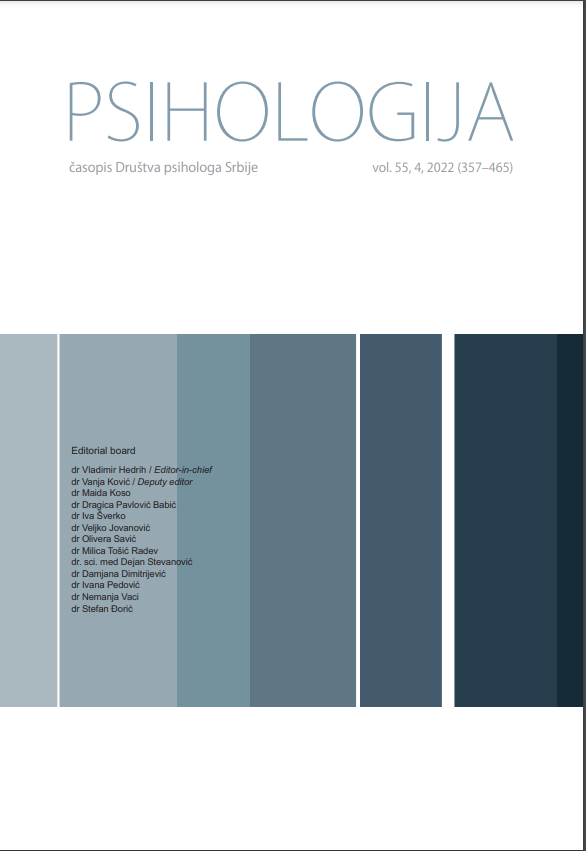Why more competent adolescents advance or regress after assymetrical peer interaction: Studying dialogue characteristics that make a difference
Why more competent adolescents advance or regress after assymetrical peer interaction: Studying dialogue characteristics that make a difference
Author(s): Ivana Stepanović-Ilić, Aleksandar BaucalSubject(s): Educational Psychology, Social psychology and group interaction, Developmental Psychology
Published by: Društvo psihologa Srbije
Keywords: peer interaction; dyads; peer dialogue
Summary/Abstract: This study explores differences between more and less competent peers in joint problem solving dialogues, related to opposite interaction outcomes of more competent students (progression/regression). Ten asymmetrical peer dyads were selected from 47 dyads participating in the previous study: five in which more competent (MC) student progressed the most, and five in which MC students regressed the most after a post-test. Ten dialogue characteristics were established in 50 conversations of these dyads. Cluster analysis revealed two dialogue types associated with different interaction outcomes of MC students. In the first one, MC students justified correct answers but behaved inconsistently with their higher competences. The second cluster characterizes domination-submissiveness pattern and MC students’ unwillingness to justify opinion. All regressing MC students participated in the first dialogue type and 56% of progressing MC students in the second. Qualitative analysis of the conversations typical for extracted clusters implies that although ready to provide arguments to their peers when they can, regressing MC students exhibit uncertainty, thereby losing from interaction. Progressing MC students seem to protect themselves against possible interaction disturbances by dominant attitude and withdrawal from communication.
Journal: Psihologija
- Issue Year: 55/2022
- Issue No: 4
- Page Range: 443-465
- Page Count: 23
- Language: English, Serbian

